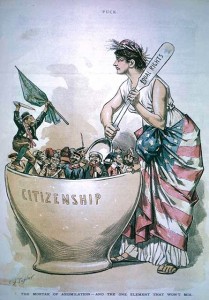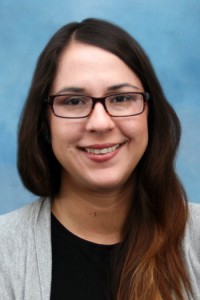President Obama’s Executive Orders are Constitutional
 A “head fake” is a basketball move where the player holding the ball feints as if starting a jump shot, but never leaves his feet. Done correctly, it causes the defender to jump off of their feet in anticipation of the shot, arms flailing helplessly. Meanwhile, the shooter calmly resets and scores a basket while the defender is harmlessly suspended in the air.
A “head fake” is a basketball move where the player holding the ball feints as if starting a jump shot, but never leaves his feet. Done correctly, it causes the defender to jump off of their feet in anticipation of the shot, arms flailing helplessly. Meanwhile, the shooter calmly resets and scores a basket while the defender is harmlessly suspended in the air.
Just over two weeks ago, the mid-term elections supposedly signaled the end of President Obama’s ability to drive the policy agenda in Washington. Last Thursday night, the nation’s “Basketball Player in Chief” executed a brilliant head fake on immigration policy, disproving this conventional wisdom. Hints that the President intended to “go big” and use his executive authority to conduct an overhaul of the Immigration and Nationality Act had generated anticipatory paroxysms of outrage by Republicans, who hit the airwaves with charges of constitutional violations and threats of impeachment. However, the executive actions that the President actually announced last Thursday were more modest in scope than what Latino groups and reform advocates wanted, and far less provocative than congressional Republicans feared.
The executive actions on immigration fall well within the Executive Branch’s established authority to set priorities in the enforcement of Immigration Law and clearly within the constitutional power of the President. Meanwhile, the President’s Republican critics have already committed themselves to a campaign of outrage and indignation, even though it is increasingly evident that they lack a legal basis to attack the President’s actions or a political strategy to undo them. The President’s head fake is evident when the details of the Executive Orders are examined.


